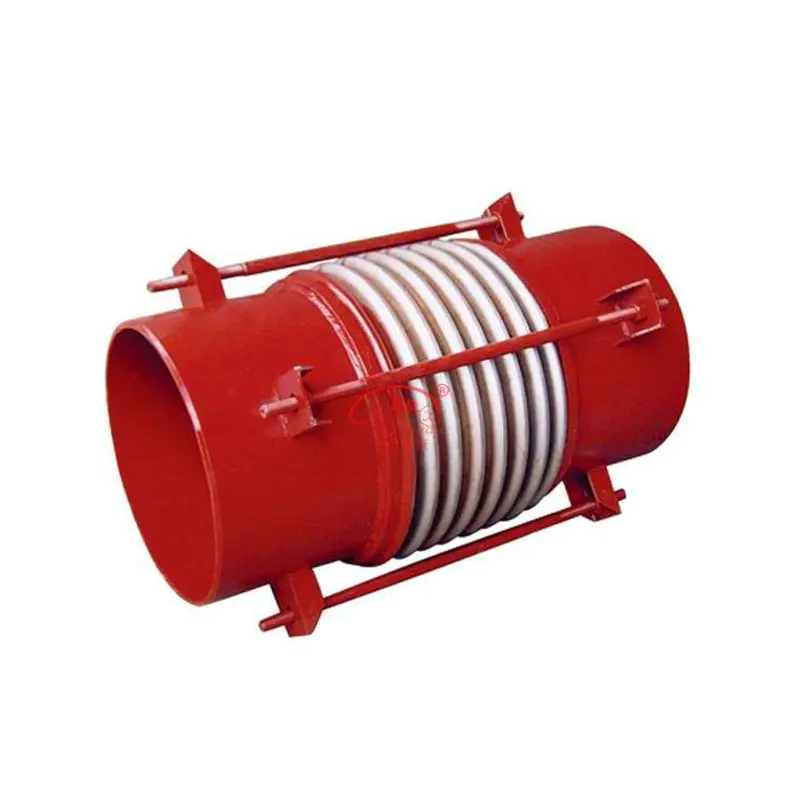Metal flex bellows, also known as expansion joints or compensators, play a crucial role in various industrial applications where flexibility and reliability are paramount. These bellows are engineered components designed to absorb movement, vibration, thermal expansion, and contraction in piping systems and machinery. Here are key aspects of metal flex bellows:
Functionality: Metal flex bellows act as flexible connectors between pipes, ducts, or equipment components. They accommodate movements caused by thermal changes, mechanical vibrations, or settling, thereby reducing stress on interconnected components and extending the lifespan of the system.
Construction: Typically made from stainless steel or other high-strength alloys, metal flex bellows are constructed with a series of convolutions (corrugations) that allow for expansion and contraction while maintaining structural integrity. The material and design are chosen based on the specific operating conditions such as temperature, pressure, and media compatibility.
Applications: Metal flex bellows find application across various industries including petrochemical, aerospace, automotive, HVAC (heating, ventilation, and air conditioning), power generation, and marine. They are used in piping systems to absorb thermal expansion in boilers, compensate for misalignment in exhaust systems, dampen vibration in turbines, and mitigate seismic movements in structural piping.
Benefits: The primary benefits of metal flex bellows include enhanced system reliability, reduced maintenance costs, improved safety by minimizing stress on connected components, and compliance with industry standards and regulations for pressure and temperature ratings.
Design Considerations: Engineers consider factors such as bellows material selection, convolution profile (e.g., single, multi-ply), end connections (flanged, threaded), and external protective covers (if required) during the design phase to ensure optimal performance and longevity in demanding operational environments.
In conclusion, metal flex bellows are essential components in industries where flexibility, durability, and performance under challenging conditions are critical. Their ability to absorb movements and vibrations helps maintain system integrity and operational efficiency.







